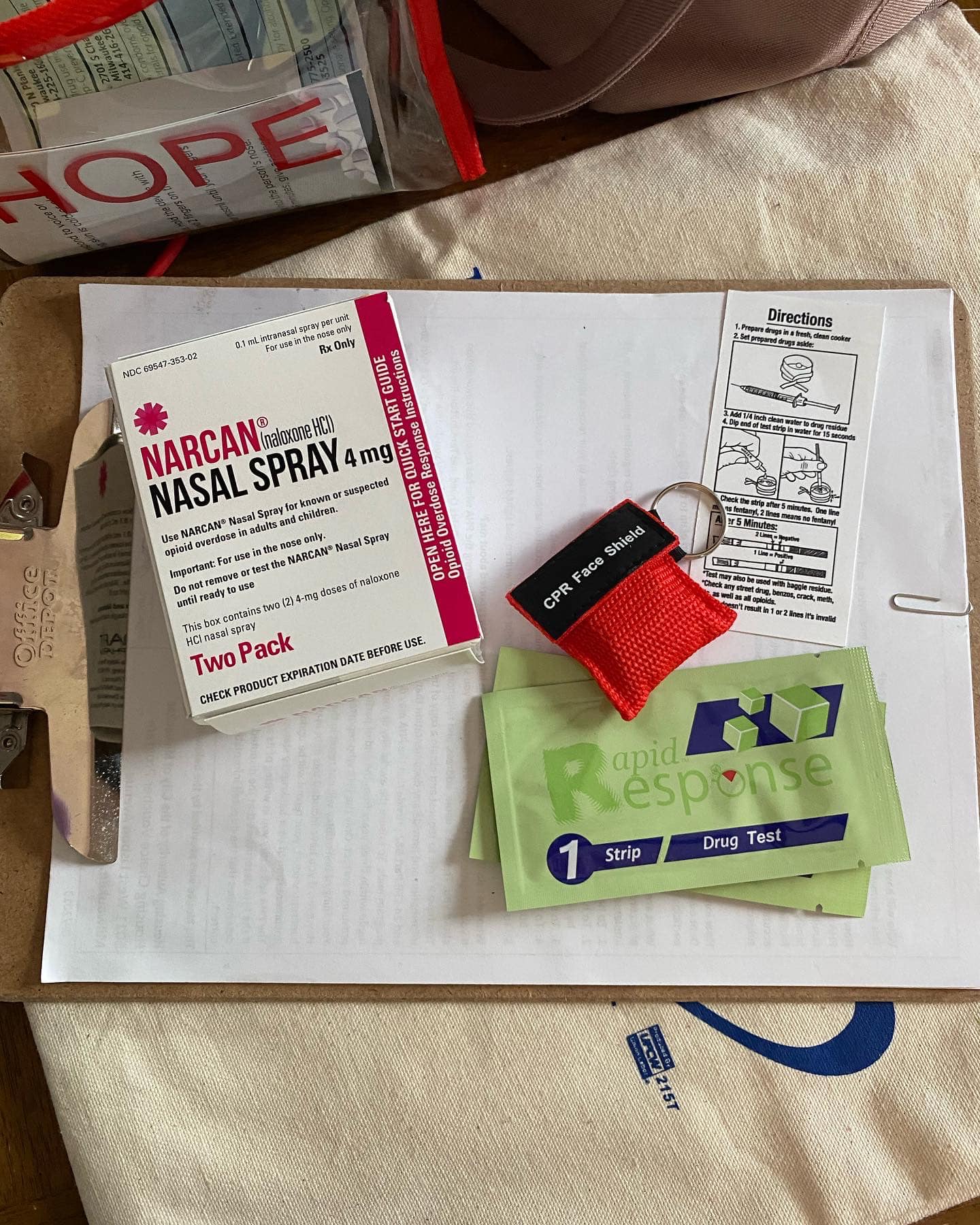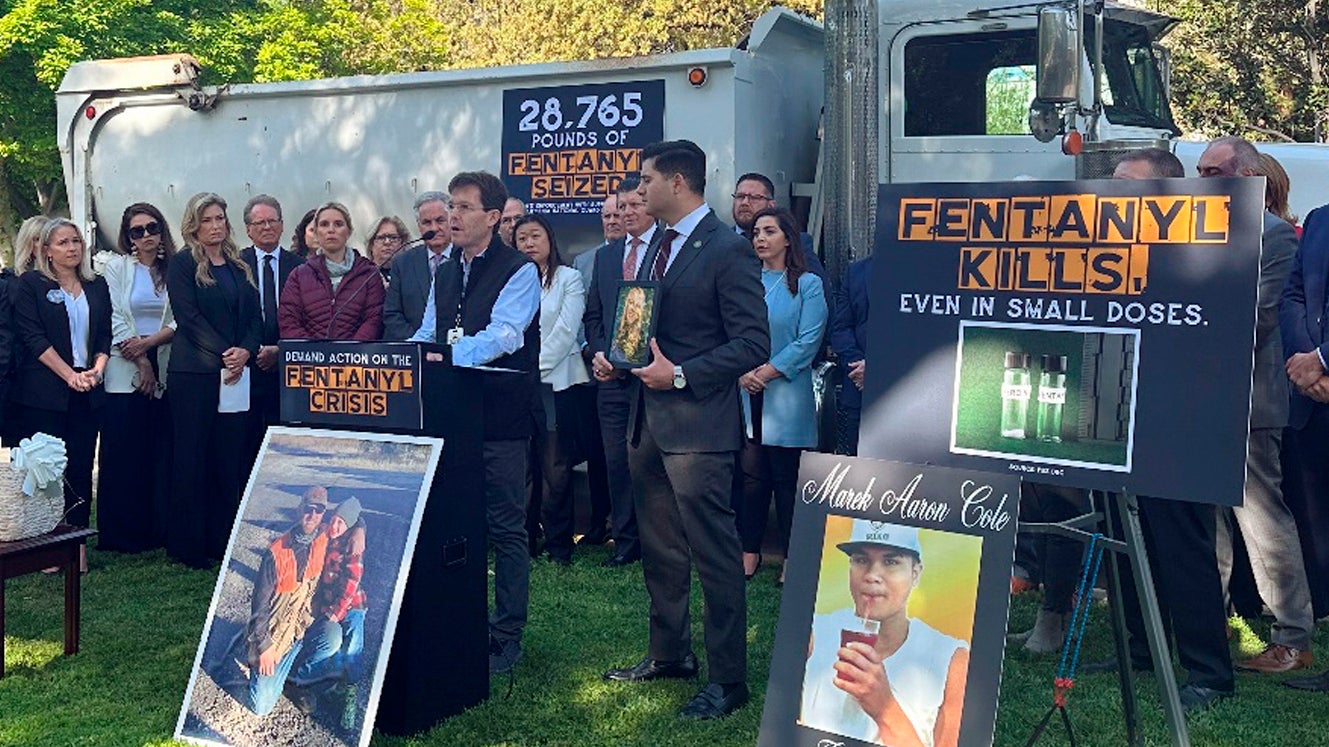Law enforcement in southwestern Wisconsin has become more compassionate toward drug addicts as heroin and methamphetamine usage has surged in recent years.
Wisconsin lawmakers have approved a series of measures aimed at reducing opioid usage and overdose deaths in the past couple of years. As lawmakers have been grappling with the growth in heroin, methamphetamine and opioid abuse, a 2017 study by the Wisconsin Department of Justice and FBI shows methamphetamine usage rose as much as 300 percent in the state between 2011-2015.
The last time Wisconsin had a major issue with meth was in the 1990s, but now the approach to drug treatment and the way law enforcement work with drug addicts is much different.
Law enforcement no longer look to put a drug addict behind bars and are more aware of the issues that lead to addiction, said Tom Johnson, an investigative coordinator for the West Central Metropolitan Enforcement Group, which coordinates drug investigations in a five county area around La Crosse.
“Cops used to be cops. Counselors were counselors, and there was no middle ground,” Johnson said. “What I’ve seen happen is the toughest redneck, so to speak ,’coppers’ that I’ve known for many years are finally actually sitting down and listening to some of the conversation and dialogue. I think we have a new appreciation for the treatment community that we’ve never had before.”
Johnson speaks to many school and community groups, educating them about drug-related issues, including that law enforcement is more focused than ever on drug dealers who aim to turn a profit rather than the drug abusers.
“We could go out and buy heroin and buy methamphetamine undercover every day of the week, multiple times a day,” Johnson said. “But it’s the enterprise, the business, the large dealers — that’s our focus in terms of law enforcement. Those are the enterprises and businesses that we’re trying to put out of business.”
The different approach from law enforcement is welcome by those treating drug addiction. Coulee Council on Addictions Executive Director Cheryl Hancock said more law enforcement officers are recognizing they can’t arrest their way out of a drug problem.
She said drug addiction is a brain disorder, and the more everyone learns about treatment, the more they find putting someone in a short-term drug treatment program isn’t a long-term solution to drug addiction.
“Studies show that for meth especially and heroin that it takes extended inpatient or residential time, not just that 30 days, that it’s probably 60-90 days that they need,” Hancock said. “Once they’ve completed that, that’s kind of the mind part of treatment. But we should be looking at mind, spirit, body sorts of treatment as well.”
Hancock said people with chemical dependency issues also need a chance to be reintroduced into society with an environment full of positive friends and role models than they were associating with when they were using drugs.
A community drug forum is planned for Monday, May 15, in Onalaska.
– John Davis
Episode Credits
- Hope Kirwan Host
- John Davis Producer
- Cheryl Hancock Guest
- Tom Johnson Guest
- Al Bliss Guest
Wisconsin Public Radio, © Copyright 2024, Board of Regents of the University of Wisconsin System and Wisconsin Educational Communications Board.






